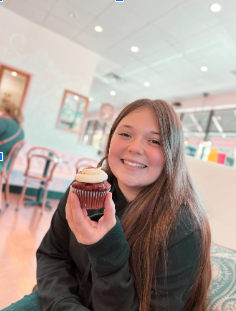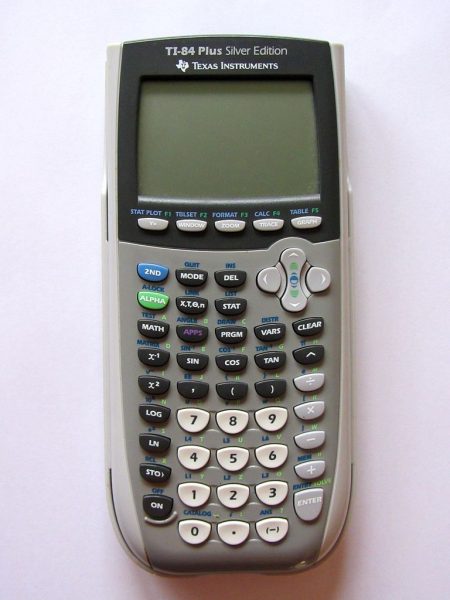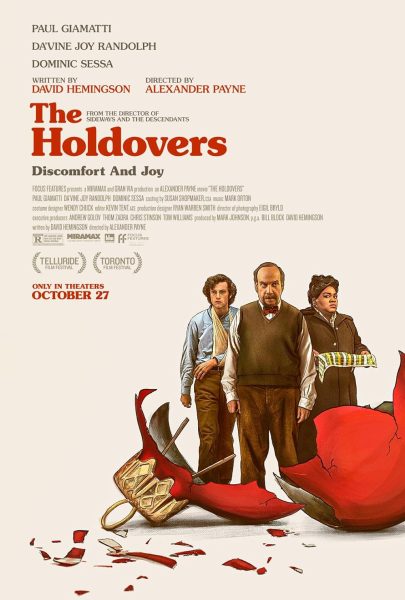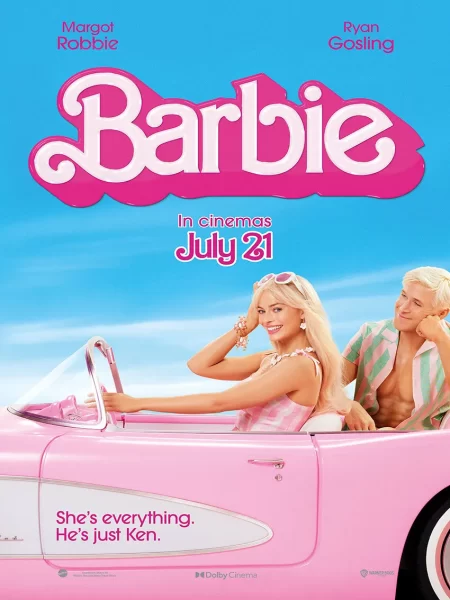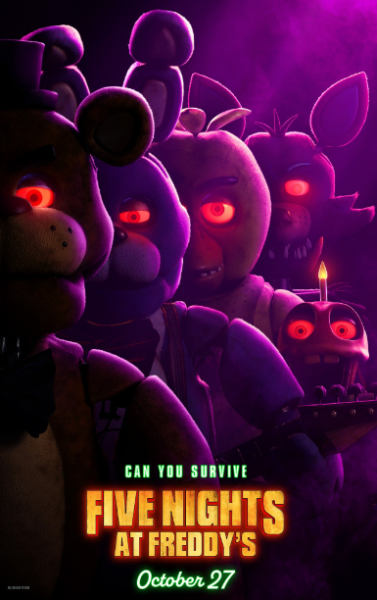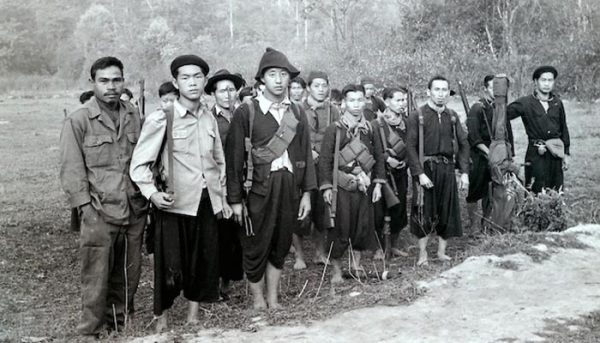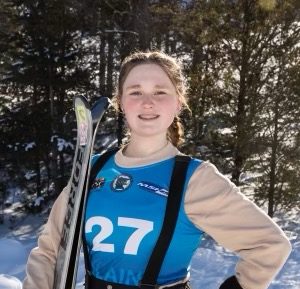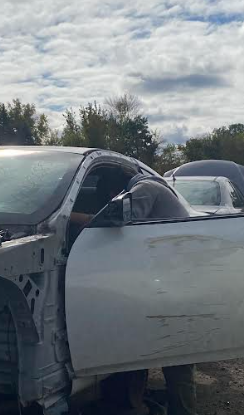Controversy Over Political Bias in the Blueprint
April 27, 2017
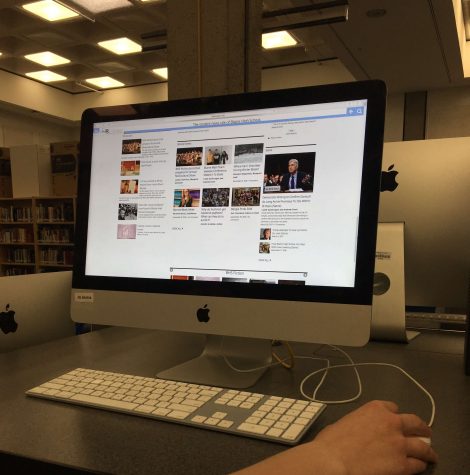
After a recent satire was published on the BHS Blueprint, comments were posted by a reader accusing the BHS Blueprint of being too politically biased. The reader wrote, 
Another comment stated,

In response to this, another reader wrote,

Out of curiosity, I decided to research this more and gather opinions from teachers and staff on whether they think the BHS Blueprint is politically biased. One of the teachers who thinks the BHS Blueprint is biased is Ms. Topp. She states, “I think there are lots of areas of bias especially in regards to pieces dealing with reviews and satire. I don’t know if that is always intentional or a negative thing, but it can certainly be picked up on in the language and way something is written.”
Mr. Barnette’s views were similar. He says, “I think inevitably with any sort of journalism or writing that there is going to be biased evident. I thought that the most notable perhaps were the satire sections.”
On the opposite end of the spectrum, CEMS teacher Ms. Birkmeier says, “When looking through the blueprint, I did not notice any bias. I feel like there is a variety of articles about various topics.”
Going back to the original comments left on the article, the reader states “Even my high school hates republicans…so much for an open, politics free environment.” When teachers were asked if they think students should be more open minded to different political views all of them thought open-mindedness was something we need to improve. Mr. Barnette shared his views saying, “People should be more open-minded. I think that the political landscape has become so polarized because of bias and different viewpoints, we just have to continue to look at the opposite or the different viewpoints in order to become more open minded.”
Similarly, Ms. Reisdorf thought the same thing. She said, “People’s beliefs fall on a spectrum and shouldn’t be portrayed as polarized or overgeneralized opinions.”
On the same side of that, Ms. Hackenmueller thought that open-mindedness is something we should work on but at the same time, she also thinks it depends on the topic. She said, “It also depends on the way the information is presented. If it’s more argumentative and coming at someone then it is more difficult to be open minded. Whereas, if it’s laid out, factual, and a decent argument, then that person deserves to be heard and for us to consider their opinions.”
Caleb Van Arragon, one of the authors of the satire that was receiving comments, wanted to say a few things regarding the comments. He said, “I’d like to make clear that I don’t think that our newspaper has any real bias against conservatives in general. The stories that Andrew and I write tend to make fun of Donald Trump and other writers have written opinion articles that were against Trump and his cabinet picks. However, we’ve never made fun of conservatives or conservative beliefs in general, nor have we ever written stories that gave an opinion on a major political issue.”
Even though much of the staff thought the BHS Blueprint had a little bit of political lean, many had thoughts on how to reduce it. Mr. Van Iperen says “I would say one of the most important things is to have multiple, multiple sources. You’re researching the facts and getting a feel of what the true facts are.” While other teachers though bias is inevitable. Mr. Barnette states, “No. I do not think students or teachers can eliminate bias. Even if you intend to be as unbiased as possible something as simple as word choice or cadence can lead to bias.”
Overall the teachers didn’t see bias in the newspaper as a negative aspect but rather thought the bias should be complemented. Mr. Barnette states, “We need to continue to allow it. I think that as soon as we start to censor speech, then we start to lose our first amendment rights. Whether that’s satire or bias or whatever you want to categorize that as. We need to keep that, in order to uphold our freedom.”



